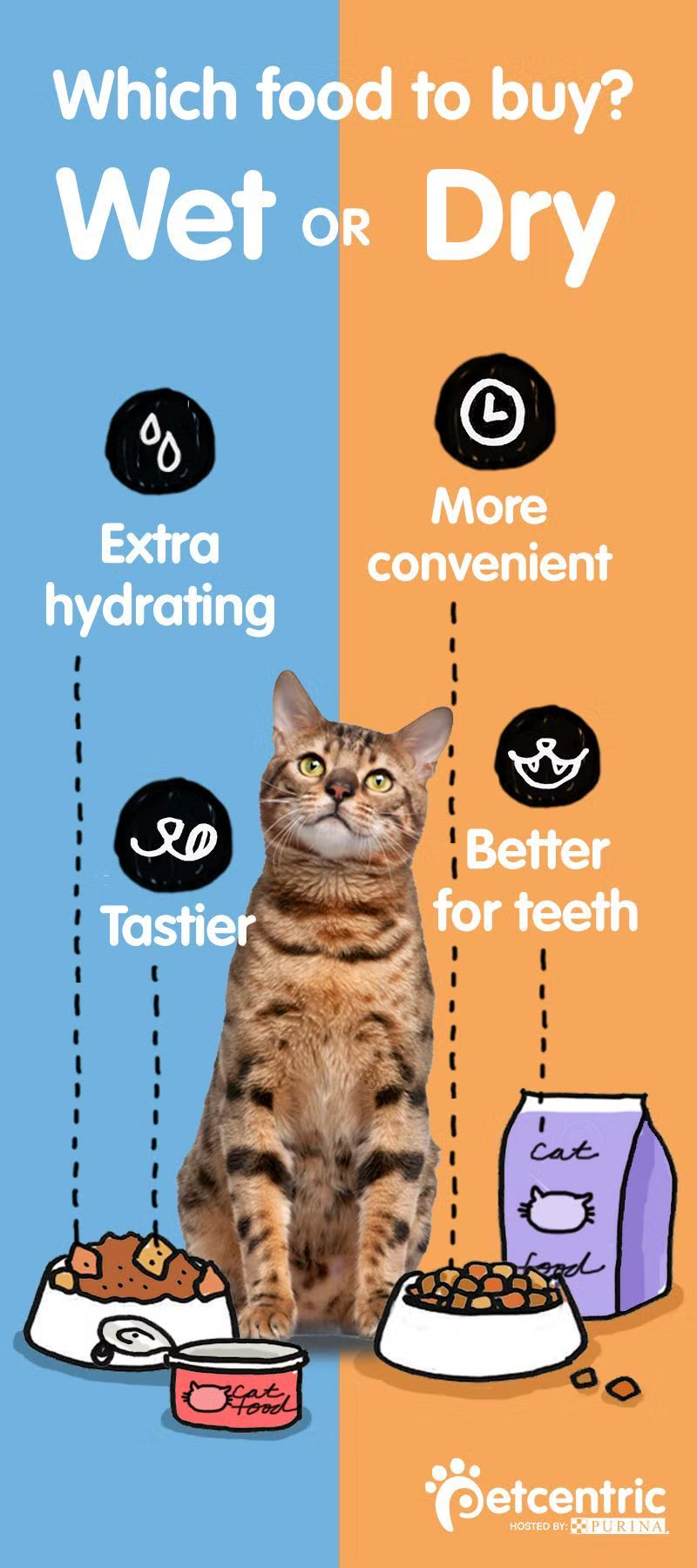Navigating the Cat Food Aisle: Selecting the Best Nutrition for Your Feline Friend

Features Editor: Ravi Teja Mandapaka
Choosing the right cat food can be daunting with the overwhelming array of options available. However, ensuring your cat's health and well-being begins with selecting the best nutrition. To make an informed choice, it's important to consider critical ingredients, your cat's unique dietary needs, and the pros and cons of different food types. This guide will explore what to look for when picking healthy cat food.
Introduction: Selecting the right cat food is crucial for your pet's health. Cats have specific dietary needs, which can help you make an informed choice. This guide will discuss essential factors to consider when choosing cat food to ensure your feline companion enjoys a happy and healthy life.
Critical Considerations for Choosing Healthy Cat Food:
1. Nutritional Needs for Cats: Cats are obligate carnivores requiring animal protein for essential nutrients like taurine. Please ensure your pet's diet includes animal-based proteins with taurine to avoid health issues.
2. Ingredients: Pay attention to the ingredient list.While a meat source listed as the first ingredient is a good sign, check the subsequent elements to ensure they balance nutrients. Don't discount meat meals, as they can be protein-dense and nutritious.
3. Wet vs. Dry Food: Choosing between damp and dry food depends on your cat's preferences and specific health considerations. Wet food offers hydration benefits but needs to be picked up after a few hours. Dry food is cost-effective but should be appropriately stored to prevent nutrient degradation.
4. Grain-Free vs. Grain-Containing: Be cautious with grain-free diets, as they've been associated with health risks, including dilated cardiomyopathy (DCM). A complete and balanced diet should have all the required nutrients, so the presence of grains alone doesn't make a diet unhealthy.
5. Raw Diets: Raw diets are gaining popularity but have potential pathogenic bacterial infection risks. The benefits of raw feeding have yet to be scientifically proven.
Conclusion:
Selecting the right cat food is a vital aspect of responsible pet ownership. Your choice should align with your cat's dietary needs and health considerations. Whether you feed your cat wet or dry food, with or without grains, or even raw diets, it is crucial to seek advice from veterinary professionals to ensure your feline companion receives the best possible nutrition. You can improve their general health and happiness by making well-informed decisions about your cat's diet.
__________________________________
About Author
Ravi Teja Mandapaka is a multifaceted scholar, poet, and passionate advocate for animals. From English literature to agricultural sciences, from field hockey to music and the arts, Ravi's diverse interests converge in his unwavering commitment to animal welfare. He believes in a journey where compassion meets creativity, and academia blends with advocacy.
 https://www.linkedin.com/in/ravimandapaka/
https://www.linkedin.com/in/ravimandapaka/


